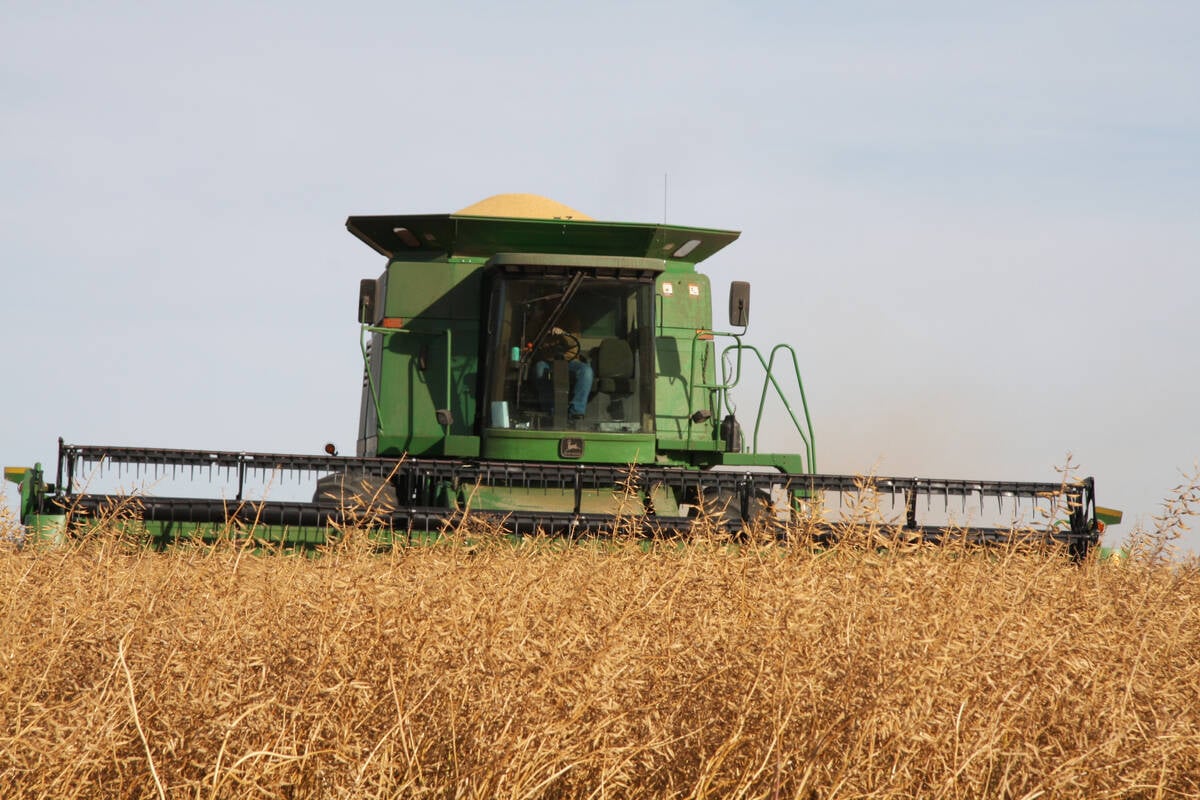Organic Connections honoured Martin Entz, University of Manitoba professor of cropping systems and agronomy, for his contribution to the organic community at its November conference in Regina.
Entz joined other people who have been previously named Organic Heroes and placed on the Organic Connections Wall of Fame.
In 1992, Entz began a long-term rotation study in Glenlea, Man. It is the oldest organic-conventional cropping system comparison in Canada. It includes rotations with forage, green manure and grain. It resulted in many important findings:
- Phosphorus levels decreased in plots where forage was removed. When composted manure was returned to these plots, phosphorus fertility was maintained.
- Organic plots had higher levels of mycorrhizal colonization in flax.
- Yields were lower in organic plots.
- Organic plots contained more weeds.
- Green manures and forage legumes provided enough nitrogen to maintain grain nitrogen content.
- Energy use was much higher and energy efficiency much lower in conventional plots compared to organic.
- Soil erodibility did not increase under organic management.
- Rotations that included hay crops had far less Canada thistle and wild oats than grain only rotations.
Read Also

Mustard processor expands in southern Alberta
$30 million expansion for southern Alberta mustard facility adds milling capacity to largest supplier in the world of value-added milled mustard products
Entz also developed the Organic Crops Field Lab in Carman, Man. At that site, he and his staff maintain a six year organic rotation that in-cludes green manures, oilseeds, pulses and cereals.
Researchers are invited to participate in phases of the rotation that aligns with their research interests. For instance, wheat breeder Stephen Fox uses the wheat plots, and oat breeder Jennifer Mitchell-Fetch uses the oat plots.
The Field Lab enables researchers to undertake organic research without having to undertake the planning involved in maintaining organic conditions.
When this is done for them, they can focus on their research and more easily gain valuable data on trials run on organic land.
The Organic Crops Field Lab is also used as an extension and teaching site, hosting graduate student projects, field days and crop schools.
Entz’s research has proven innovative and has sparked changes. After seeing green manures as critical to organic fertility and weed control, but also as a problem for its additional tillage, Entz has sought other termination options.
He was the first in Canada to test Rodale’s no-till organics system of crimping green manures to terminate them. He used large tractor tires to roll over the crop before his crimper/roller was built.
Entz’s research group is also testing grazing by sheep as an alternative to terminating green manures with tillage.
Entz also mentors graduate students and collaborates with them to develop their strengths and focus them on issues important to organic farmers.
An indication of this success is seen in the OCIA Research and Education scholarships. These scholarships are offered to the international community and awarded by a farmer-run board.
Entz’s graduate students have won the award in three of the eight years it has been offered.
Organic projects undertaken by Entz’s graduate students have been varied:
- suppression of weeds and
diseases
- tillage reduction
- developing mulch systems for
weed control and soil fertility
- increasing crop diversity with
crop mixtures
- comparing green manure
termination options
- phosphorus fertility
- reducing weed spread through
chaff collection
Entz is also noted for his collaborative approach. He collaborates his research efforts with other traditional researchers, and with producers.
















